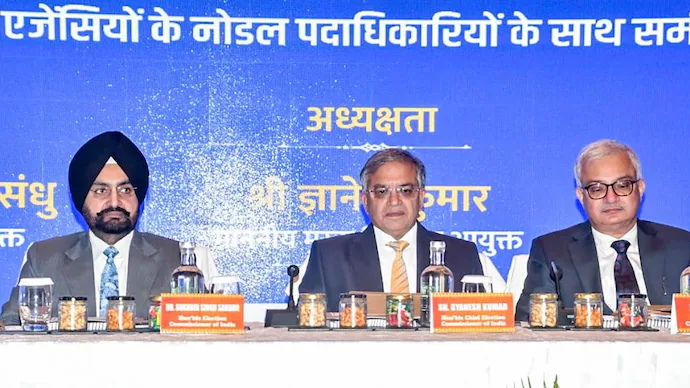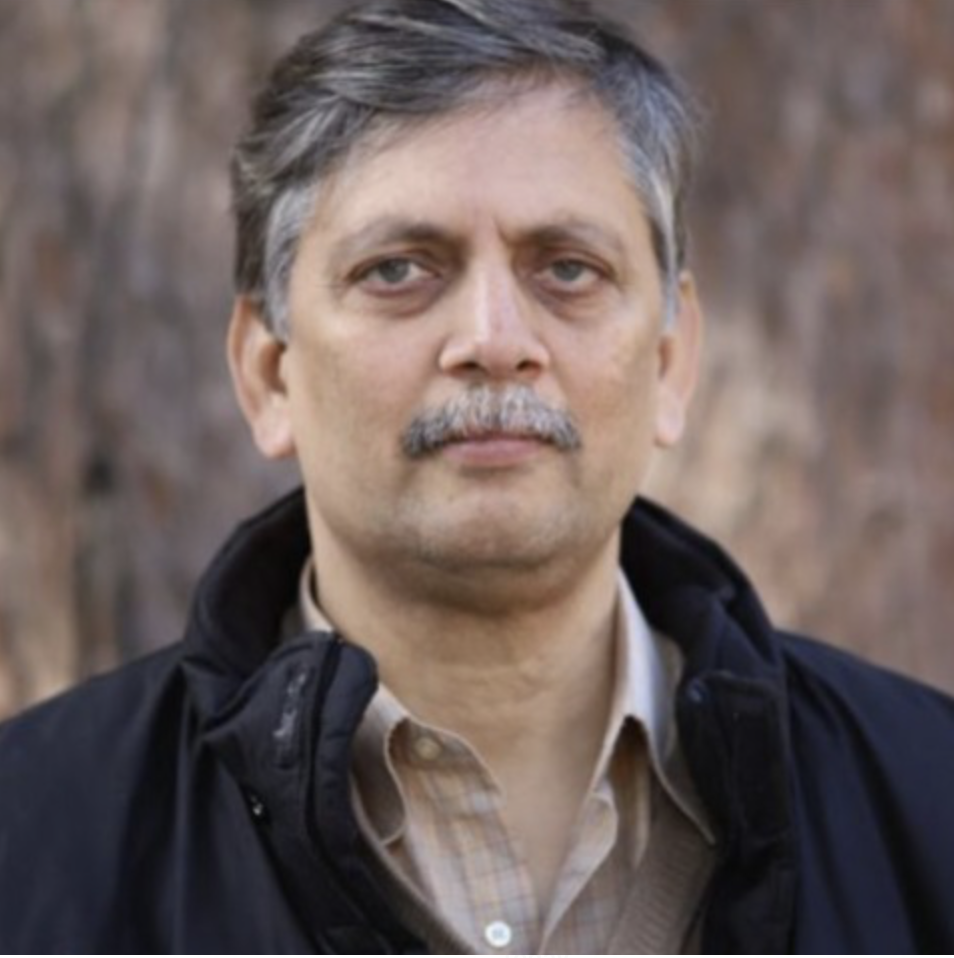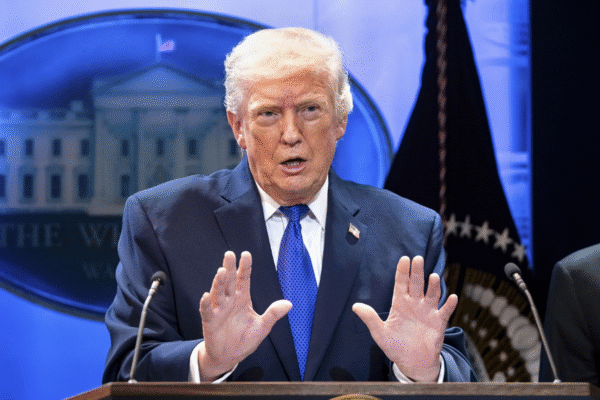

Election Commission Politically Motivated? Bihar Voter List Purged
Is the Election Commission politically motivated? That’s the growing concern after it removed 3.5 million names from Bihar’s voter list — the first major clean-up in over two decades. While the Commission defends it as a reform move, critics allege political bias targeting specific voter blocs.
Patna, October 5, 2025 — The Election Commission of India says it has cleaned Bihar’s voter list for the first time in over two decades. Officials claim this marks a major step toward ensuring free and fair elections. Over 3.5 million names have been deleted, including duplicate, deceased, and migrated voters.
But as the Commission celebrates, a growing number of voices are questioning the timing, transparency, and motivebehind this long-delayed clean-up.
Reform or Election Commission Politically Motivated Move?
Chief Election Commissioner Rajiv Kumar described the effort as “a restoration of democratic trust.” He credited the use of artificial intelligence, Aadhaar linkage, and home-to-home verification for its success.
However, opposition parties in Bihar have called the process rushed and biased. They claim voters in minority-dominated areas and migrant workers have been disproportionately removed from the rolls.
Some voters reported being struck off without prior notice. Others say they only discovered their names missing when visiting election offices or during local surveys.
The Commission insists it followed standard procedures. But the lack of transparency — and the absence of any third-party audit — has led to growing public doubt.
Why Target Bihar Now? Political Timing Under Fire
Many believe the Election Commission is politically motivated, especially after this large-scale deletion of voters in Bihar. The perception of an Election Commission politically motivated by ruling interests is damaging democracy’s foundation. Bihar is not just any state. It holds strategic importance in national elections. Small shifts in its voter base can tip the balance in key constituencies.
This makes the Commission’s choice to begin its “purification drive” here even more controversial. Critics believe the timing is politically convenient — especially with state elections approaching and the 2029 General Elections on the horizon.
The fact that the EC has announced 17 new election reforms shortly after the Bihar clean-up only fuels suspicion. These include remote voting, app-based disclosures by candidates, and real-time spending audits — all framed as modern reforms, but many of which mirror long-standing demands of the ruling party.
Can a Politically Motivated Election Commission Be Trusted?
Political Reform or Election Commission Politically Motivated Move? Once widely trusted for its neutrality, the Election Commission has recently faced criticism for selective enforcement and opaque decision-making.
Observers point to past delays in responding to election code violations. Others highlight the Commission’s reluctance to release voter data promptly. The concern is no longer about whether voter lists are updated, but about how and whythey’re updated — and who benefits.
Civil society groups and former election officials are calling for an independent review of the Bihar purge. They warn that reforms lacking transparency risk eroding public trust, rather than restoring it.
A Clean List, but Clouded Motives
Cleaning the voter list was long overdue. No one disputes the need for accuracy in electoral rolls. But the process must be transparent, fair, and non-partisan.
As the Election Commission pushes forward with its national reform agenda, it faces a test larger than technology or logistics. It must prove that it serves the people — not political power.
For more on India’s election laws, read our piece on electoral roll verification reforms

Gyaneshwar brings more than three decades of distinguished journalistic experience to the team. He has contributed significantly to both print and electronic media and directed several documentary films. For over 35 years, he has held key editorial roles in newspapers and TV channels, including The Pioneer and JAIN TV. Known for his balanced perspective and in-depth analysis, he brings leadership and expertise, and ensures accuracy, relevance, and clarity in every story.









